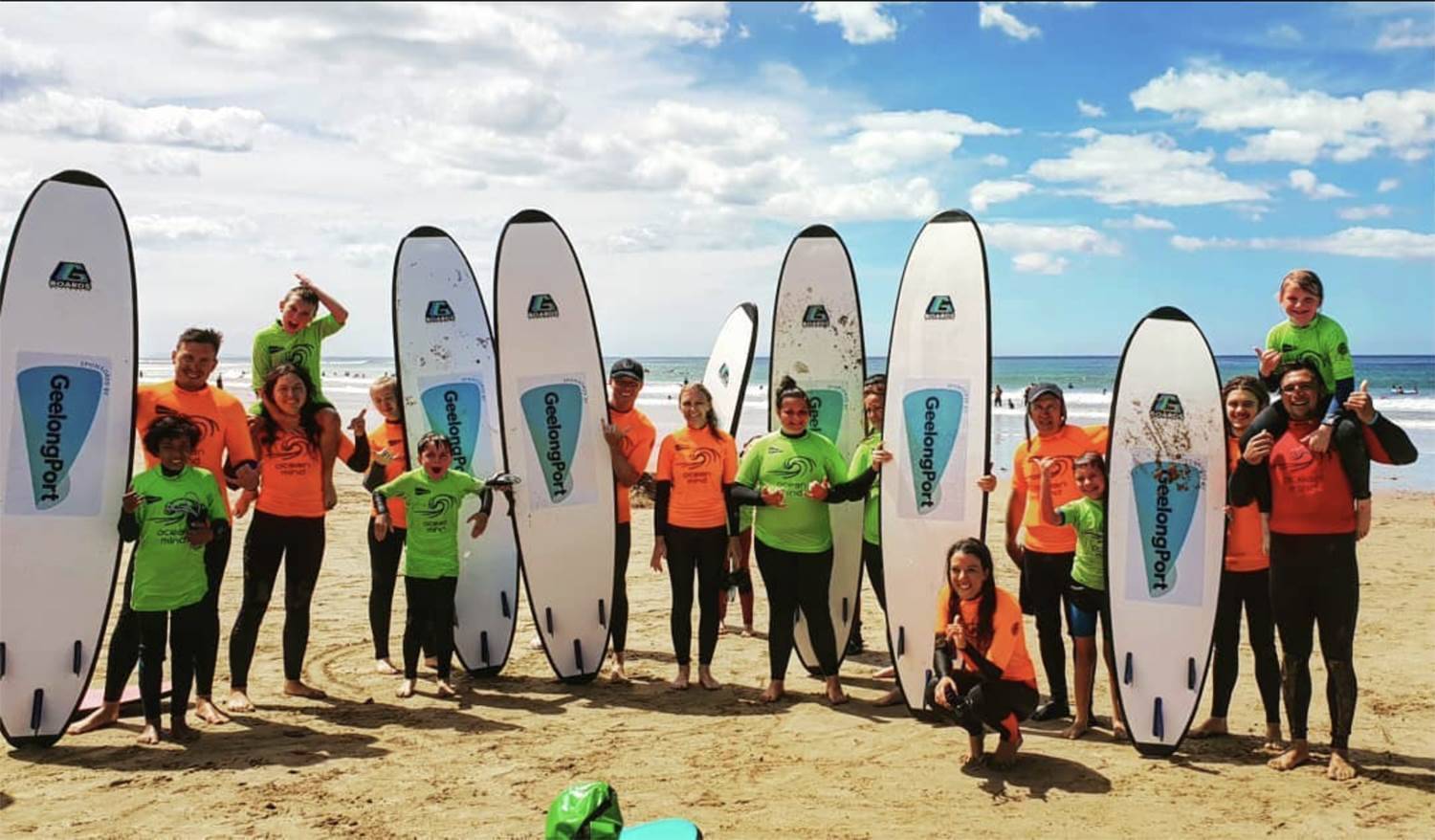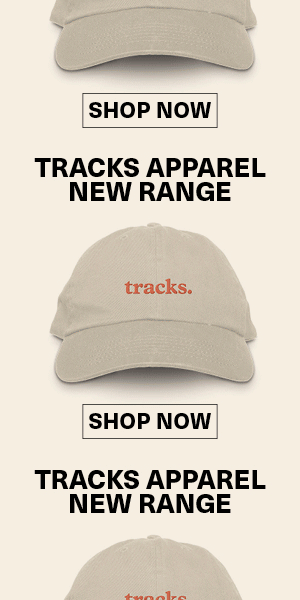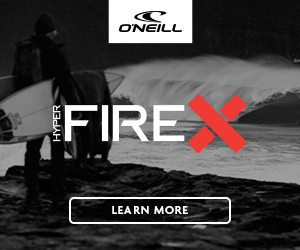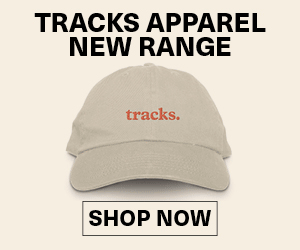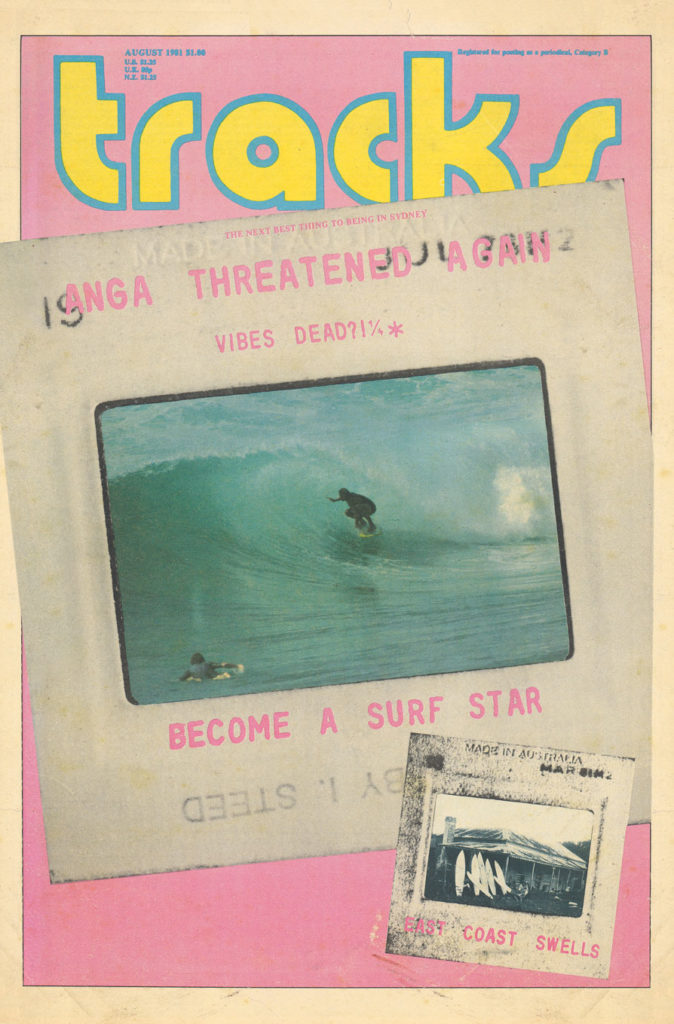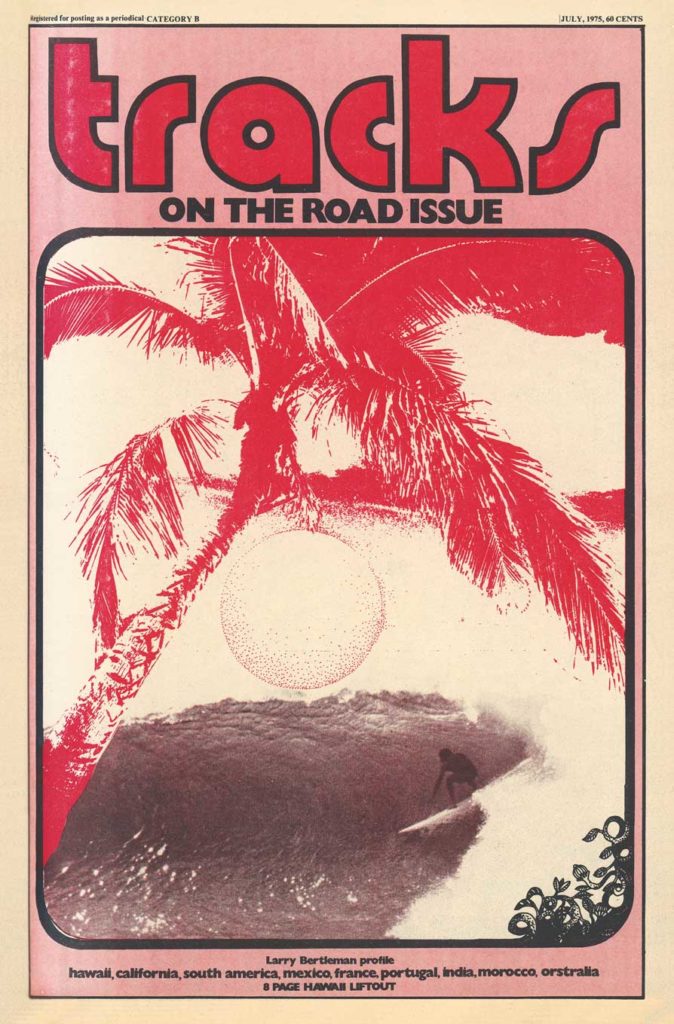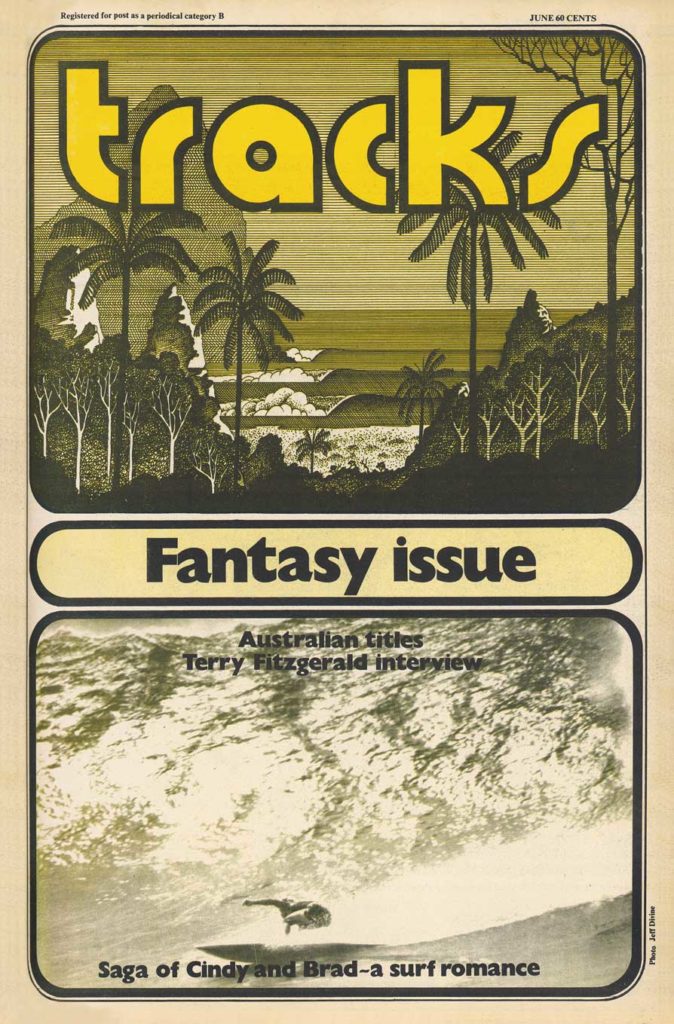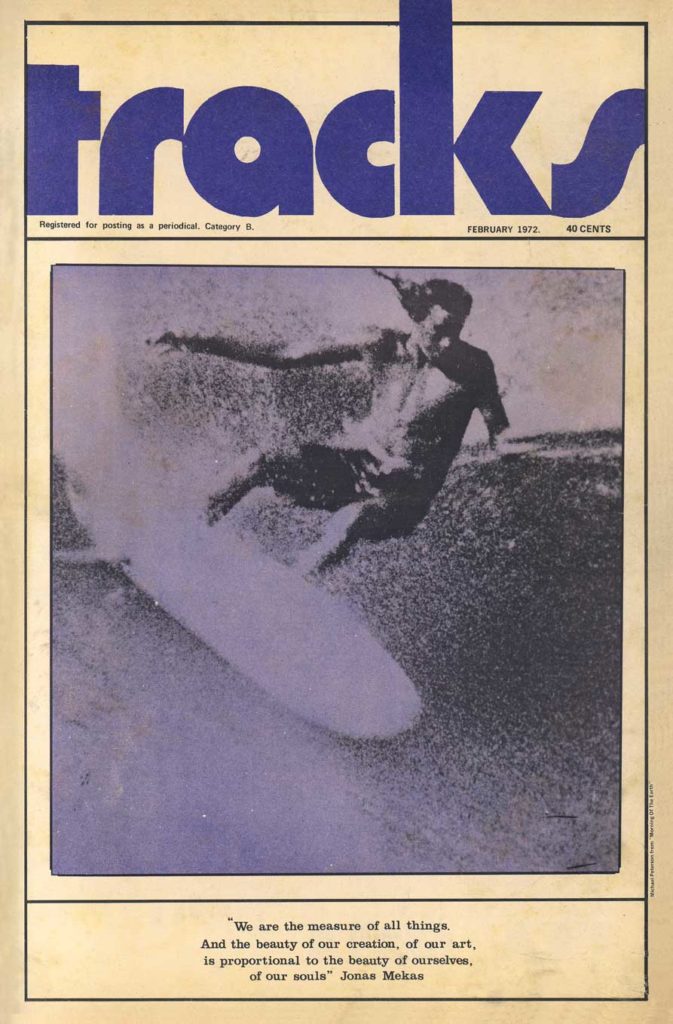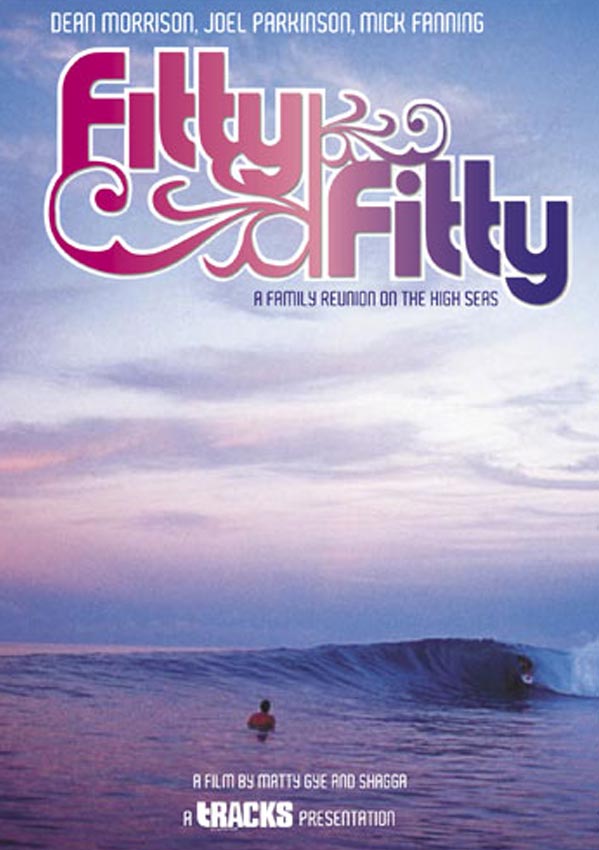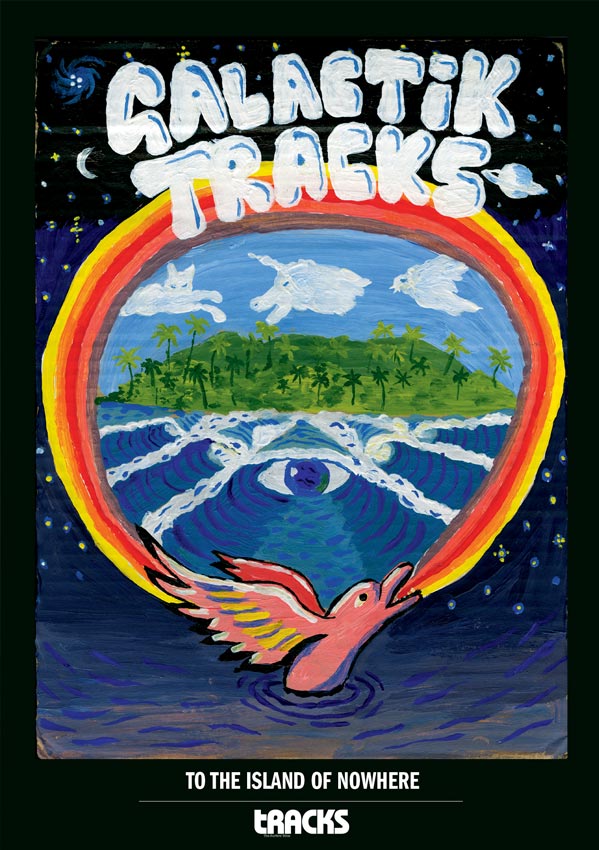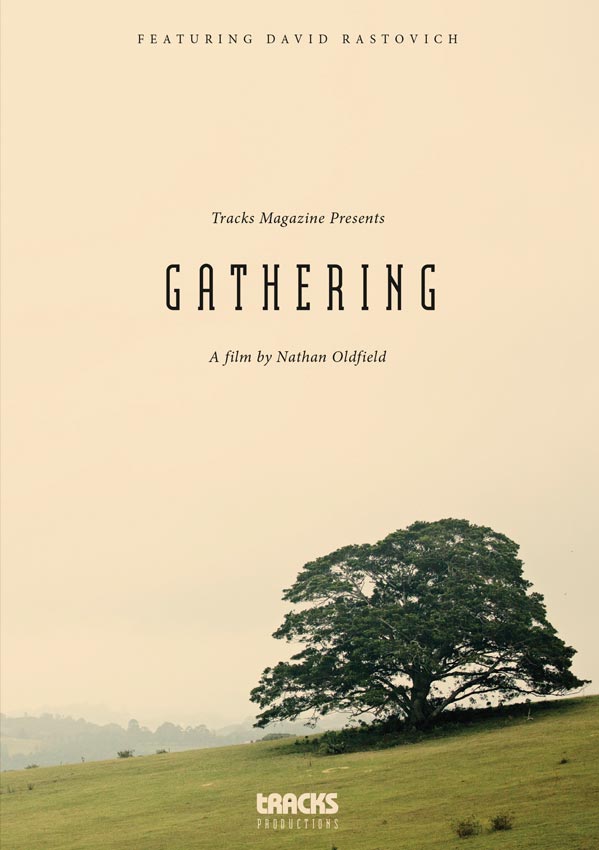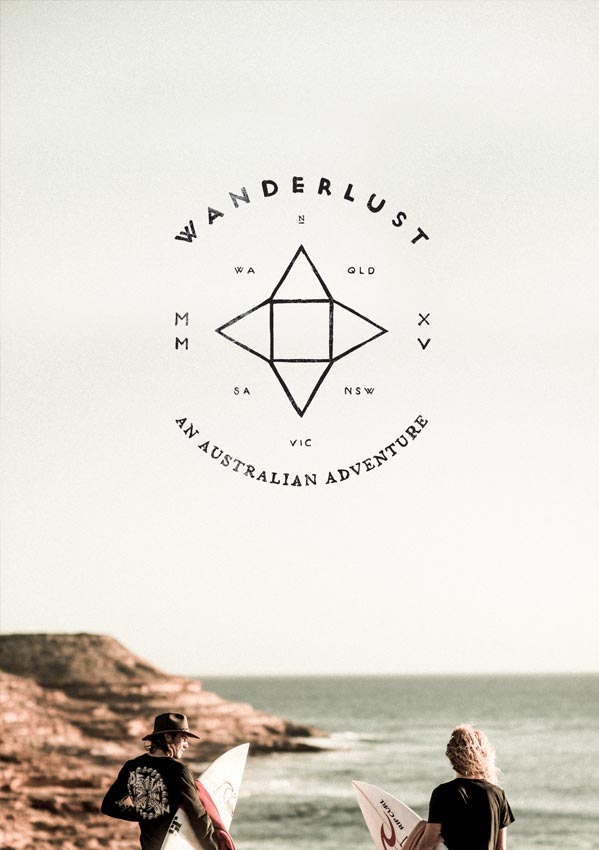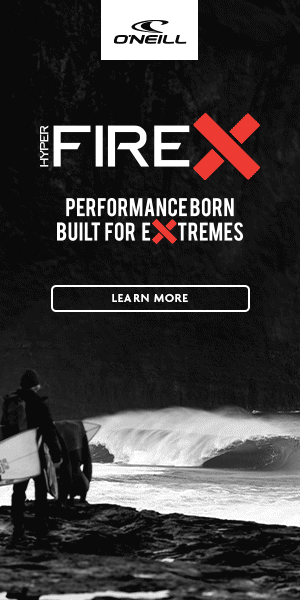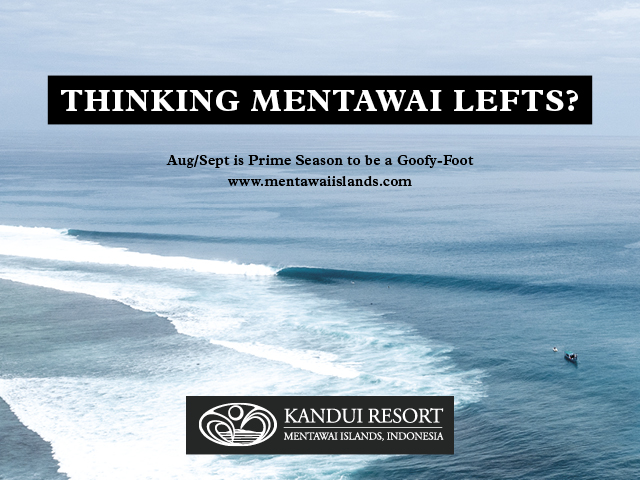After 27 years of continuous economic growth, Australia is arguably capitalism’s greatest success story.
We are ranked third in the world on the United Nation’s Human Development Index – a composite of life expectancy, education and per capita income – behind Norway and Switzerland, and our island is definitely one of the world’s most desirable places to live. Yet we are also incredibly miserable.
Australia consumes the third-highest amount of anti-depressants on the planet, behind the USA and Iceland. Since 2000, the rate of anti-depressant consumption in Australia has more than doubled. Nearly one in ten Australians are on the medication today with anti-depressant consumption among children also increasing dramatically – up 100% from 50,804 in 2011-12 to 101,174 last financial year, according to the Department of Human Services.
In the decade leading up to 2016 deaths from accidental drug overdoses, mostly linked to pharmaceutical painkillers, overtook car fatalities in Australia, with a total of 142 Australians dying each month. The majority of those involved a combination of opioids (Endone, fentanyl, methadone etc) and benzodiazepines (xanex, valium, sleeping pills etc). Suicide is the leading cause of death among men aged 15 to 44 with the most recent statistics from the Australian Bureau of Statistics showing deaths from suicide at their highest rate in ten years.
Rachael Parker doesn’t need telling. In her ten years as a youth worker in Victoria’s juvenile justice system, she became increasingly frustrated with the lack of meaningful support services available to the mentally ill, particularly young people, and eventually started her own.
After learning to surf while travelling, Rachael returned to Australia and set up Ocean Minds – a not-for-profit organisation which aims to help kids suffering mental illness through a six week surfing and mentoring program. The organisation takes local volunteer watermen and women from communities, trains them up, and pairs them with a kid. The results have been spectacular. “The kind of things we’re seeing on a regular basis are these massive changes in their lives,” says Rachael.
Tracks: Can you tell us a bit about yourself and how you got involved in Ocean Minds?
Rachael: I’ve been a youth worker in Melbourne for ten years, working with young people in the juvenile justice system. In the work I was doing I was always really frustrated with the support that was available for young people with mental health issues, especially the young boys who needed support.
Once I left that area of work and did a bit of travelling and learned to surf I recognised that surfing was a really powerful tool to help young people deal with mental health issues. I had my own personal experience with mental health and mental illness and I guess surfing for me was such a transformative sport to be involved in, and I wanted to share that with the young people I was working with to help them experience the same thing. So when I got back to Australia I moved to the Surf Coast and started working away at how we could start surf therapy in the local area.
We contacted the team in the UK called the Wave Project, they were keen to help us get started and gave us some seeding funding and we started a pilot program based on the model they created in the UK. After we completed two pilot programs we found it was working. There were referrals coming from lots of different areas around the Geelong region and the kids were absolutely loving it, and they were making some really impactful changes in their lives.
We had a young girl that came through and she couldn’t go down to the beach by herself. She needed her mum to be there with her, she had quite high anxiety. Over that six week (surf) program she went from her mum needing to be at the beach with her the whole time, to mum going and grabbing coffee, to the point her mum could drop her off and there wasn’t that anxiety there. And it built up her confidence that if she could do it at the beach then she could do it in other places. A year on for her and she was back attending school regularly, getting a part time job, and surfing regularly with her friends.
It was a massive, massive change for her in her life and the kind of things we’re seeing on a regular basis are these massive changes in their lives.
What’s the most rewarding part of this experience for you?
Seeing the kids catch their first wave and seeing the mentor's excitement too. What we do is we train up the community to support these young people. When the volunteers come out and they’ve had an absolutely amazing time and they are just as excited as the young people are at catching their first wave. It’s a total love fest in the water and everyone is just smiling and happy and enjoying themselves, and that’s going for the adults and the children. That’s the most rewarding part, being able to see that and be a part of that.
Why do you think it’s so therapeutic?
The ocean is a really therapeutic place to be – just being near it, being able to see it, being able to walk next to it, let alone being in it and floating. I think surfing has this added element where it can be a group sport but it can also be this group thing that you do. It’s exercise but it’s also exhilarating and fun and it allows you to unplug from the rest of the world, be in the moment, and I think all those little aspects of it combine to make a therapeutic environment for the kids. And then we add that mentorship with them to support them and have some really quality conversations with them as they’re going through. It really helps create a space where they can feel confident and grow their skills and learn to look at themselves in a different way.
Australia consumes the third largest amount of anti-depressants in the world. Anti-depressant consumption among children is increasing dramatically, up 100% from 50,804 in 2011-12 to 101,174 last financial year, according to the Department of Human Services. Pharmaceutical drug overdoses – mostly a result of prescription drugs – overtook car fatalities in the decade leading up to 2016. What do you make of all that?
There’s two sides to it. We are a lot more understanding about what mental illness is now and there is a lot more assistance out there for young people when they are starting to experience mental illness. You can see there will be a rise (in statistics) when people are actually getting the support they need, it’s available, and there’s not so much stigma around getting the help you need. So I think that’s a really positive step. I think there is also that other side where medication is not always the right answer for everybody. It is for some people and it makes a world of difference. For others, medication is not the right answer and there is alternative ways to get that support and healing you need without going down the medication route.
What’s the plan from hereon in?
We’re looking at how we can create more individualised programs for different groups in the Geelong region. We have quite a large waiting list so we want to make sure we can support the kids with programs in this area but we’re also looking at opportunities to expand into other communities and other areas to support more young people. The more we can get out in the water, the more we can have an opportunity like being a part of the six week program, the better.
How can people donate or help out or get involved in some way?
We have a donation page on our website. We’re always needing donations, we’re not government funded. We rely on the community and philanthropic organisations to fund us. If anyone wants to volunteer and get involved just jump on the website and there’s a volunteer form there. People don’t need to be pro surfers to support kids, they just need to be comfortable in the water. Whether they’re surfers or bodyboarders, or swimmers, as long as they’re comfortable in the water and keen to help out the kids, we’re happy to get them on board and train them up on how to do that.

